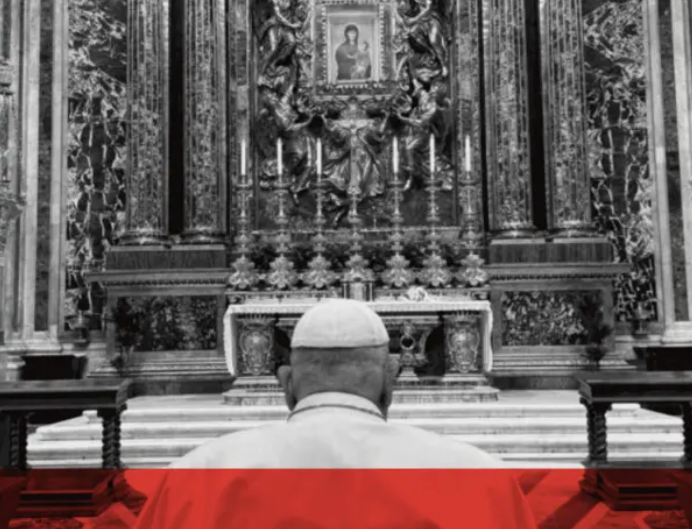Pope Francis, who passed away at the age of 88, leaves behind a transformative legacy that reshaped the Catholic Church over his 12-year papacy. Marked by humility, inclusiveness, and a determination to bring the Church closer to ordinary people, his tenure redefined the role of the pontiff in a changing world.
Elected in 2013 as the first pope from Latin America, Francis quickly distinguished himself by breaking tradition—rejecting the opulent papal apartment for a modest guesthouse, symbolizing his desire to live among others. “At the beginning of my papacy I had the feeling that it would be brief: no more than three or four years,” he later revealed in his 2025 autobiography Hope. Instead, his papacy became one of the most consequential in modern Church history.
Pope Francis reached out to those on the margins—migrants, the poor, and what he called “imperfect Catholics,” including the divorced, LGBTQ+ individuals, and those estranged from the Church. His tone on social issues softened traditional stances, calling for compassion rather than condemnation. He welcomed transgender individuals to the Vatican and described them as “daughters of God,” a powerful gesture for a historically conservative institution.
Though praised by progressives, his papacy was not without criticism. Traditionalists often viewed his reforms as too radical, while reformers felt he did not go far enough. Despite his openness, Church doctrine remained unchanged on key issues like female priesthood, same-sex marriage, and gender reassignment.
He also championed interfaith dialogue, environmental stewardship—most notably in his 2015 encyclical Laudato Si—and a global focus for the Church. Nearly 80% of the cardinals who will choose his successor were appointed by him, many from Asia, Africa, and Latin America, underscoring his shift of the Church’s center of gravity away from Europe.
Pope Francis took serious steps to address sexual abuse within the Church, instituting new policies requiring clergy to report misconduct and meeting personally with victims. While some of his actions were criticized as inadequate, he acknowledged institutional failings and openly asked for forgiveness.
Even in foreign affairs, he was an advocate for peace, frequently condemning war and highlighting the humanitarian toll in conflicts from Ukraine to Gaza. His efforts to humanize the papacy and bring the Church closer to the global faithful have left a lasting imprint.
Pope Francis’ legacy is one of outreach, humility, and a sincere attempt to make the Church a more inclusive and responsive institution for the modern world.


